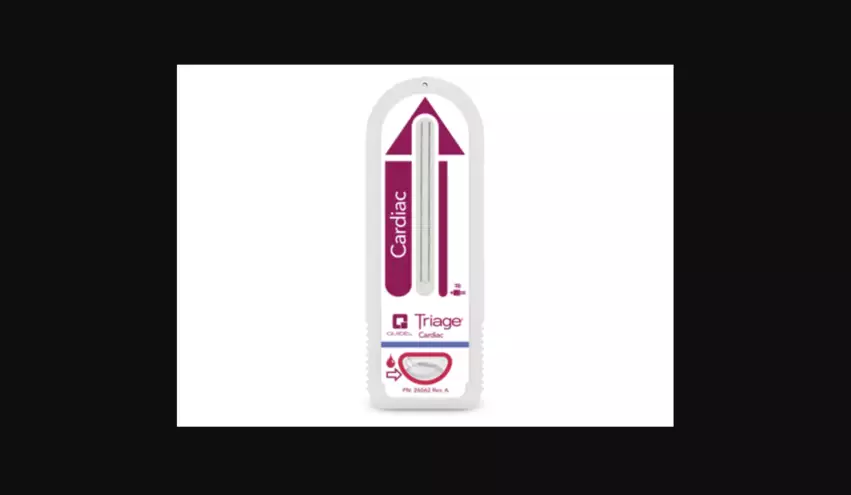The U.S. Food and Drug Administration (FDA) has announced that Quidel Cardiovascular Inc. is recalling certain blood tests used to detect myocardial infarctions. The agency has categorized this as a Class 1 recall, which means using these devices “may cause serious injuries or death.”
The Quidel Triage Cardiac Panel is a blood test designed to identify amounts of different enzymes and proteins associated with a heightened risk of myocardial infarctions or other potentially fatal cardiac conditions. The recall is in place because there have been multiple reports of inaccurate tests.
“A falsely low or false negative troponin level may cause a delayed or missed diagnosis of myocardial infarction—a serious, potentially fatal condition that requires the earliest detection possible to treat and protect the heart muscle effectively,” according to the FDA’s advisory. “This poses a particular risk to people who experience a silent myocardial infarction with no other symptoms, those who have unusual or atypical symptoms, and those with non-ST-segment elevation myocardial infarction.”
Overall, the recall includes 7,799 devices labeled Quidel Triage Cardiac Panel, Quidel Triage Cardiac Panel–Troponin I or Quidel Triage Cardiac Panel–CK-MB and Troponin I. A full list of product lots and codes included in the recall is available here. Quidel Cardiovascular first initiated the recall on May 25, sending Urgent Product Correction Notifications to all customers. The company then sent an additional update on July 12.
Customers have been asked to “immediately discontinue” the use of these devices and either use an alternative method or send patients to a local testing site that offers an alternative method. In instances where no alternative testing method or local testing site is available, it is recommended that customers using the devices flag “all negative results” to clinicians as being possibly inaccurate.
Forty-one customer complaints have been reported so far. Read more here.


